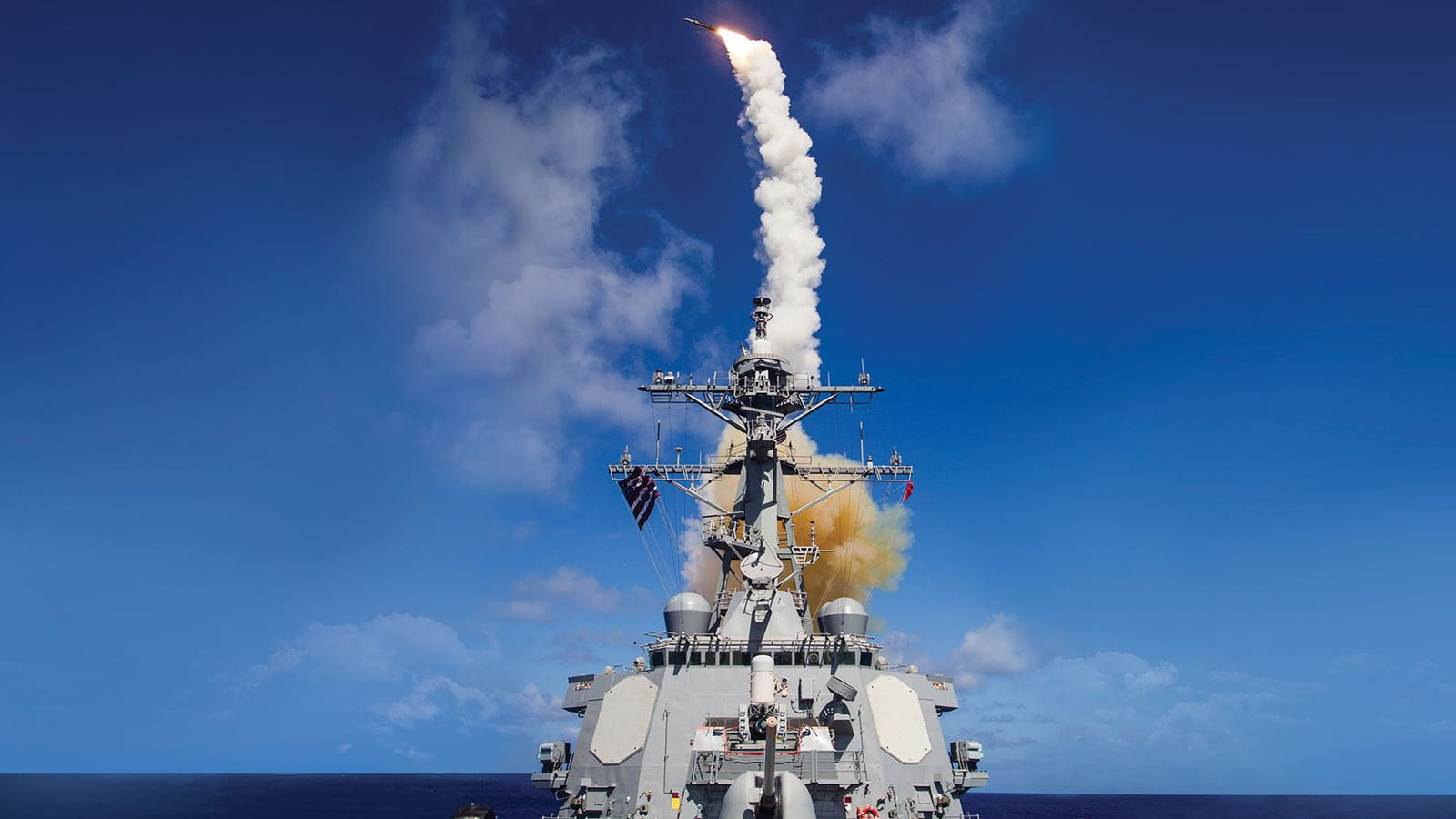What happened
Congressional and White House plans to bail out companies crushed by the novel coronavirus and to mail out billions of dollars' worth of relief cash to workers either laid off from work or confined to quarters under stay-at-home orders collapsed over the weekend.
With the Coronavirus stimulus bill lacking support from Democrats in the Senate and several key Republican senators self-quarantined, the relief package failed in the Senate late Sunday -- and now industrial stocks are suffering the consequences.
As of 12:25 p.m. EDT Monday, shares of Raytheon (RTN +0.00%) are down 10%, United Technologies (UTX +0.58%) 10.1%, and General Dynamics (GD +1.56%) 8.8%. All three stocks were down more than 10% in trading earlier today.

Image source: Getty Images.
So what
So what went wrong? According to Senate Minority Leader Charles Schumer, the Republican-sponsored bill contained a "large corporate bailout with no protections for workers and virtually no oversight." Senate Democrats want to "add protections for workers, to expand unemployment insurance to four months at 100% pay and increase aid to hospitals, state and local governments," reports The Wall Street Journal, and to pare back loan guarantees for industry.
They're planning to make a second attempt to reach a compromise with the Republicans and pass a revised bill today. Meanwhile, a competing bill is being pushed in the House by Speaker Nancy Pelosi.
Now what
Even before a relief package is passed, however, there could be some hope for these stocks. In a note this morning, analysts at investment bank JP Morgan argued that United Technologies stock, at least, has been oversold after a 45% pullback.
Yes, there's a "clear and present" danger to United Tech's earnings, said the banker. But the company's merger with Raytheon remains on track, and concerns about their respective balance sheets might be overstated. As my fellow Fool Lou Whiteman explained last year, United Technologies will be paying only shares for Raytheon -- not cash. So in theory, at least, the two companies won't end up any more burdened by debt together than they would have been separately. Indeed, as Lou pointed out, Raytheon and United Technologies expect to save "more than $1 billion in cost synergies by the end of the fourth year."
The sooner these companies get their deal done, the better they should be able to withstand the coming recession.






